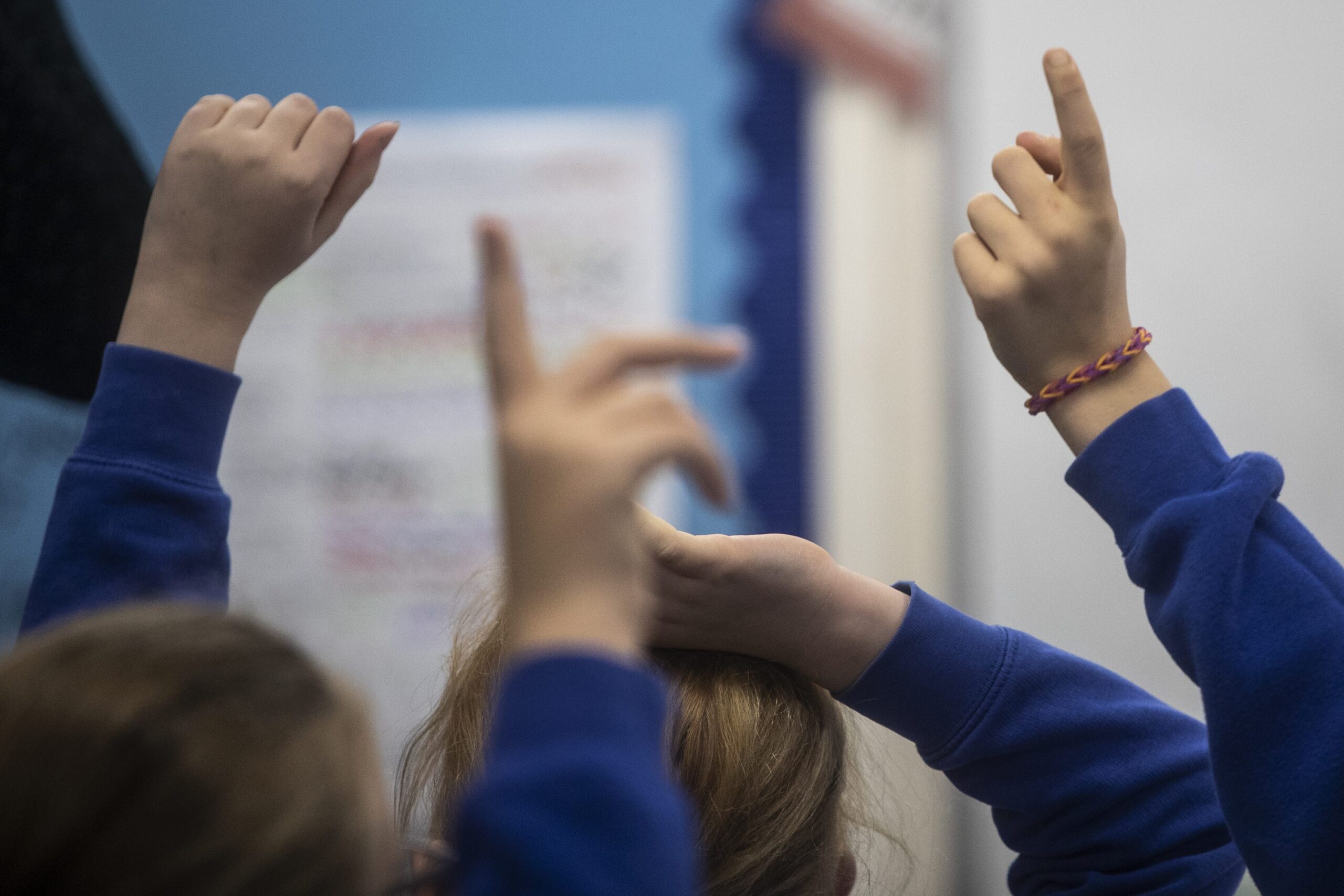Misogynistic attitudes had reached an “epidemic scale” among young people, education chiefs have said.
It comes as a poll among teachers revealed that more than three quarters of them see misogyny as a big problem in UK schools.
The poll, conducted by YouGov, also found that more than half (54 per cent) of teachers said misogyny in schools has become worse in recent years.
Of the 1,016 teachers questioned, nearly one in four (24 per cent) said they were aware of misogynistic comments being made towards female staff on at least a weekly basis – increasing to 39 per cent of secondary school teachers.
Nearly two in five (37 per cent) of secondary teachers said they heard misogynistic comments made towards female pupils most days or more often.
Teachers in general were less likely to see misogyny as a big problem at their own school, at 45 per cent.
However, for secondary school teachers, two in three (67 per cent) said misogyny was a big problem at their school.

Misogynistic commenting was the behaviour teachers said they heard most often. Nearly one in five female secondary school teachers (19 per cent) typically saw boys at their school being less respectful to female staff.
Teachers were most likely to say they saw social media influencers as the source of misogynistic behaviour at school, and 88 per cent said they supported a ban on under-16s using social media.
Paul Whiteman, general secretary at school leaders’ union NAHT, said that while schools do their best to educate pupils about safe and healthy relationships, “incidents of misogyny appear to be on the rise online and within society, with significant world leaders and influencers being able to portray overtly misogynistic views, opinions and actions with no rebuttal.
“There remains a pressing need for more support and guidance to be made available to teachers to talk to pupils about this issue and on how to address instances when they arise, something school leaders called for at our annual conference.”
Earlier this year, Government guidance published on relationships, sex and health education (RSHE) in schools said pupils should be given the opportunity to discuss sexual norms by so-called “involuntary celibates” (incels) or online influencers by the end of secondary school.
The guidance also emphasised children should be taught how to combat misogyny and find positive male role models, as the Department for Education warned misogynistic attitudes had reached an “epidemic scale” among young people.
The guidance added that secondary school pupils should be taught about the prevalence of “deepfakes” and how pornography can portray “misogynistic” attitudes and present harmful activities as normal.
